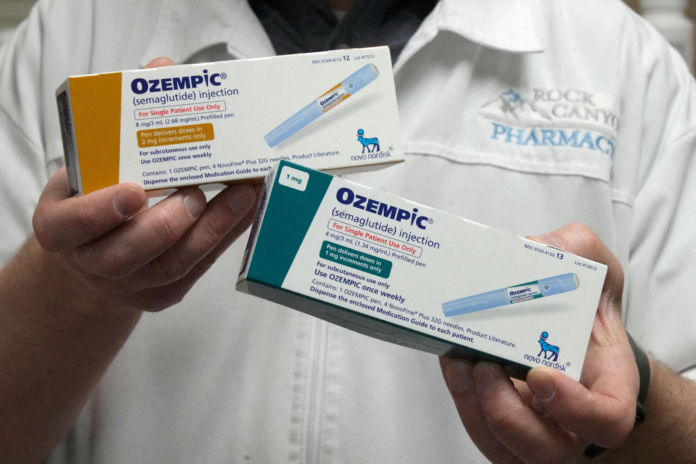Changing Discourses of Medicare’s Drug Price Negotiation Regulations
The US pharmaceutical industry is escalating its efforts to lobby Medicare on drug price negotiation rules especially as talks progress with Republicans expected to head the Congress. These negotiations which began under the Inflation Reduction Act (IRA) were described by the Biden administration as a major policy change to address escalating health costs. However, the utilisation of these measures has raised concerns about their effects on the future of innovation, availability and price of drugs in the market.
The Medicare negotiation rules can be understood in the following background.
The IRA enables Medicare to bargain for prices of some of the most costly drugs in a bid to shave $23.6 billion by 2031. This initiative primarily targets medications with no market competition, requiring price discussions after:
- 9 years for small-molecule drugs such as pills and capsules.
- 13 years for biologic (sophisticated molecular medicines usually provided through infusion).
Although this framework has been applauded for its cost cutting approach, drug makers have strongly criticized the move as an effort that hampers innovation; especially for small molecule drugs which are usually cheaper and more convenient for consumers.
The Demand of the Pharmaceutical Industry for Change
Manufacturers are pressuring for synchronization of time horizons for price talks, as they are pushing for an increase from 9 to 13 years for small molecule medicines. The industry argues that this differential keeps encouraging the shift to biologics, which could see the creation of oral drugs easier to manufacture and deploy.
Media has produced reports of how executives and lobbyists have reached out to members of the Trump transition team to lobby for changes. Firms want to use the GOP’s control in Congress to alter IRA provisions, possibly via budget reconciliation, a procedure that doesn’t need the Senate parliamentarian.
Advantages and Disadvantages of amending the law
- In Favor of Changes
Supporters of changing the IRA say that bringing the time frames into parity would create a more balanced innovation environment. By extending exclusivity for small molecule drugs, firms argue they would have adequate economic incentives to encourage research and development in this sub-sector.

- Against Changes
Critics, however, have pointed out that the extension of exclusivity period to 13 years without prejudice to the improvement of public health is a raw deal for the pharma majors. For instance, Professor S. Sean Tu claims that even five years of exclusivity offer sufficient motivation for innovation. This would increase the costs of the service delivery to the consumer and slow down the time taken to realize savings by Medicare beneficiaries.
The Road Ahead
Changing the rules on drug price negotiation is not easy, and bipartisan views determine what happens. The complete elimination of Medicare’s negotiation powers may not be possible, but partial changes remain possible. Further, the appointment of industry critics including Robert F. Kennedy Jr. in key healthcare positions could add more challenges to the pharma’s lobbying.
The debate underscores a fundamental challenge: how best to reign in drug expenditures while at the same time not stifling the growth of the pharmaceutical industry. The direction of Medicare’s drug price negotiation will be critical as the push for reform persists and will have an effect on healthcare and patients all over the United States.
source:: benzinga.com



